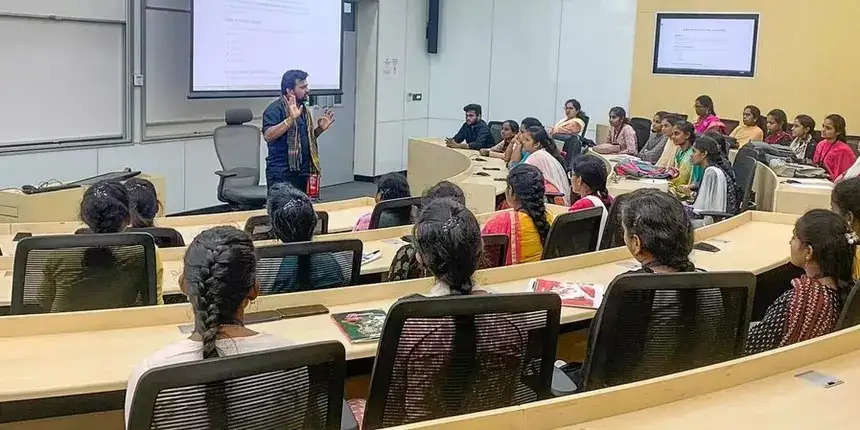NAAC Revamps Accreditation System: Binary & Multi-Level Approach Scraps Grading for Indian HEIs

The National Assessment and Accreditation Council (NAAC) is set to implement significant reforms in the accreditation system for higher education institutions (HEIs) in India, as per the final report released by the Ministry of Education (MoE) on Saturday. The reforms aim to move towards a binary and multi-level accreditation system, an outcome-based approach, categorization of institutions, and transparency through the 'One Nation One Data' platform. The report emphasizes quality culture and addresses irregularities found in the existing accreditation system.

Key Reforms Proposed:
-
Binary Accreditation System:
- NAAC will adopt a binary accreditation system, categorizing institutions as either accredited or not accredited. This aims to encourage all institutions to participate in the accreditation process and foster a quality culture.
-
Maturity-Based Graded Accreditation:
- Introduces multiple levels of grading (Level 1-5) to encourage accredited institutions to continuously improve. Institutions can progress from 'Level 1' to 'Level 4' as Institutions of National Excellence and then to 'Level 5' as Institutions of Global Excellence for Multi-Disciplinary Research and Education.
-
Implementation Stages:
- The binary accreditation system will be implemented in the next four months, with no new applications accepted under the present methodology after this period.
- Maturity-based graded levels will be implemented by December 2024.
-
Focus on Processes, Outcomes, and Impact:
- Metrics for accreditation will shift focus from input-centric processes to outcomes and impact, ensuring a more comprehensive evaluation.
-
Categorization of Institutions:
- Institutions will be categorized based on orientation, heritage, legacy, and other attributes, moving away from a one-size-fits-all model. Special attention will be given to institutions in rural and remote areas.
-
'One Nation One Data' Platform:
- A new platform will capture a superset of data from HEIs for various purposes, ensuring authenticity through stakeholder validation.
- Stakeholder validation will be part of the accreditation and ranking process, encouraging a trust-based and data-driven approach.
The reforms proposed by NAAC are aimed at bringing about a transformative change in the accreditation system, aligning with the Vision of NEP 2020. The adoption of a binary system, maturity-based grading, and a technology-driven 'One Nation One Data' platform reflects a commitment to transparency, credibility, and continuous improvement in the quality of higher education institutions in India.
